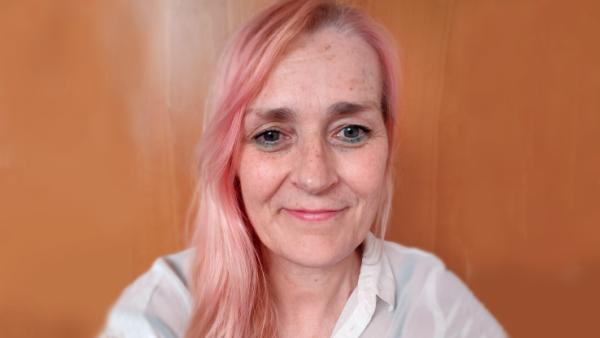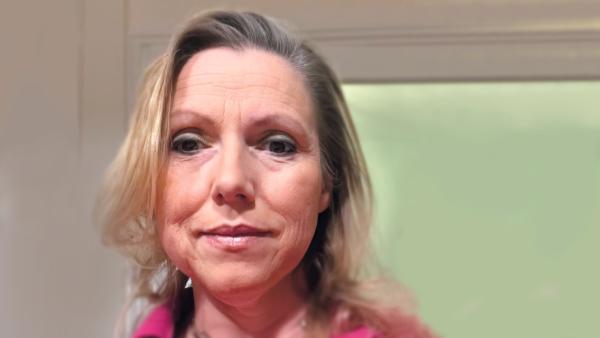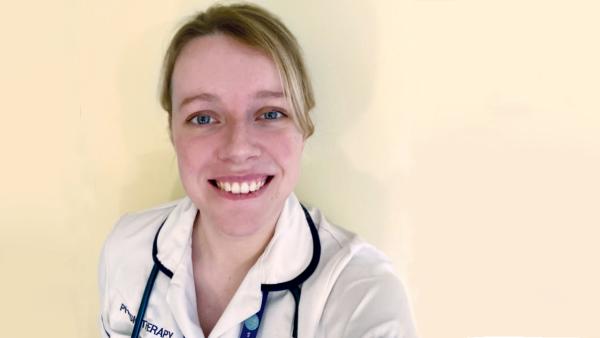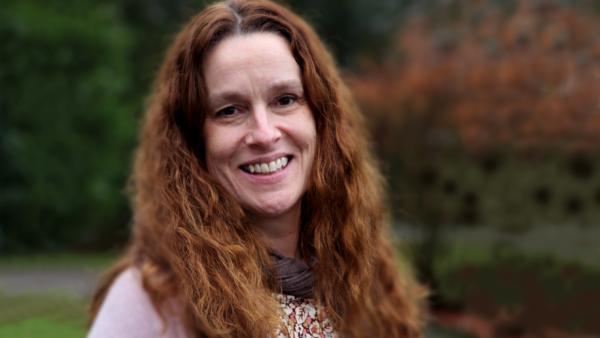A new CSP resource aims to help anyone involved in physio education, whether you work in higher education, in practice, or are a learner yourself. Education adviser Sundeep Watkins explains

It is recognised that the needs of disabled people in education are different to those contracted in employment, and this new resource aims to bridge the gap. The web resource, which complements the CSP bitesize guide to discrimination and equality at work, provides an information point for lecturers, practice educators and learners.
Physiotherapy as a profession is focused on enabling those with disabilities to achieve their goals and empower people to maintain their independence. What is clear from our membership data is that whilst we work with disabled clients and enable them to be part of the workforce, the physiotherapy profession itself is not representative of the population it serves. This new resource will provide advice and signposting to enable disabled people to have access to physiotherapy education and succeed in careers in physiotherapy.
In the time since the CSP guidance for supporting disabled learners was first published much has changed. Expanding the focus from physical disability, to also consider the impact of mental health, specific learning needs and non-visible disabilities was key as these are now the most common impairments experienced by learners (UCAS 2023).
The Equality Act (2010) ensures that everyone should have equitable access to higher education and reasonable adjustments are required to avoid discrimination, but it can be challenging to find advice and support for both learners and educators.
This new resource is designed to be accessible and has been shaped by student members, those in higher education and practice education. Their feedback suggests the bridge between university support and support in practice education is challenging for disabled learners. The need for a culture shift and a move towards understanding how disabled learners can be better supported in practice education is reflected in the web resource by the inclusion of a specific section on placements.
External steering group: helping to shape the resource
Dr Nicola Clague-Baker, School of Allied Health Professions and Nursing EDI lead and director of studies pre-reg masters physiotherapy, University of Liverpool
‘I was very pleased to be asked to contribute to the guidance as I feel it is an essential resource for all physiotherapists. Over the years I have been surprised at the lack of awareness of physiotherapists in all areas and at all grades related to disability support, particularly in relation to the legal requirements and reasonable adjustments. I have also been disappointed that students have felt they could not disclose their difficulties due to fears it would affect their grades on placements.
‘This resource is comprehensive and easy-to-use and access. All physiotherapists should access this resource to ensure that they are supporting all students and other staff with disability in line with recommended practice and in line with legislation.’
Greet Janssens, practice educator and CSP DisAbility network co-chair
‘This resource, developed in collaboration with the DisAbility network, can guide students as well as university staff in understanding the challenges and barriers faced by disabled students.
‘A unified approach is most beneficial where students share the adjustments they need at university and on clinical placements. By using the resource, both students and course organisers will find it much easier to evidence how the right adjustments help students to achieve the competencies and skills needed for their registration. Precedents and case studies will become an important part of the resource with time, and we need your input to make this a success.
‘As a co-chair of the DisAbility network and a physiotherapist, I have felt heard when my experiences were included in the resource, and it has offered the opportunity to share my work as a workplace adjustments development lead.’
Bethany Carey, physiotherapy advanced practitioner, Nottingham University Hospitals NHS Trust
‘As a once-upon-a-time student with a disability myself, it was clear that the knowledge my various clinical educators had was inconsistent. This made placements and learning much harder than it needed to be, and I expect added pressure to their teaching of me too!
‘Being able to create a supportive learning environment is imperative for all students but poses extra challenges for those with disabilities. Using this resource should make it easier for educators to create inclusive and nurturing learning opportunities for all. In fact, I feel that if you make life more accessible for those with disabilities, it usually makes it more accessible for those without too. Having guidance from the CSP gives physiotherapists a central resource for making education more inclusive to all.
‘I am so proud to have been involved in this project. I am passionate about increasing inclusivity and equity to education, and I think the resource that has been created will help do this.’
Dr Helen Frank, principal lecturer (physiotherapy), University of Worcester
‘I have a long history of supporting students in physiotherapy education, especially those with visual impairments, and have always promoted inclusion and accessibility within the profession.
‘The importance of the resource is two-fold. It is about promoting physiotherapy, to everyone, demonstrating that we are an accessible profession with opportunities for people who may not have considered our profession before. It is then about supporting people within the profession, those who have disabilities, and those who work with them and who may provide support in education and in practice. I also think that this resource promotes the diversity of our profession and may even encourage members to reconsider how we can all work more inclusively with disabled students and physiotherapists. I hope it encourages discussion!
‘I sometimes think we might be worried about asking questions for fear of appearing a bit ignorant so I hope the resource will be used by anyone who wants to know more and who wants to be an advocate or a good colleague. We should be proud to have a history of inclusion of people with disabilities in physiotherapy, so I hope this can promote awareness and accessibility, and I hope it will improve recognition and understanding of the needs of disabled students and members.’
Explore the 'Welcoming and supporting disabled learners' resource We’re looking for case studies and examples of good practices and experiences. Fill in the form located in a link within the resource.
Find Out More
Number of subscribers: 1




